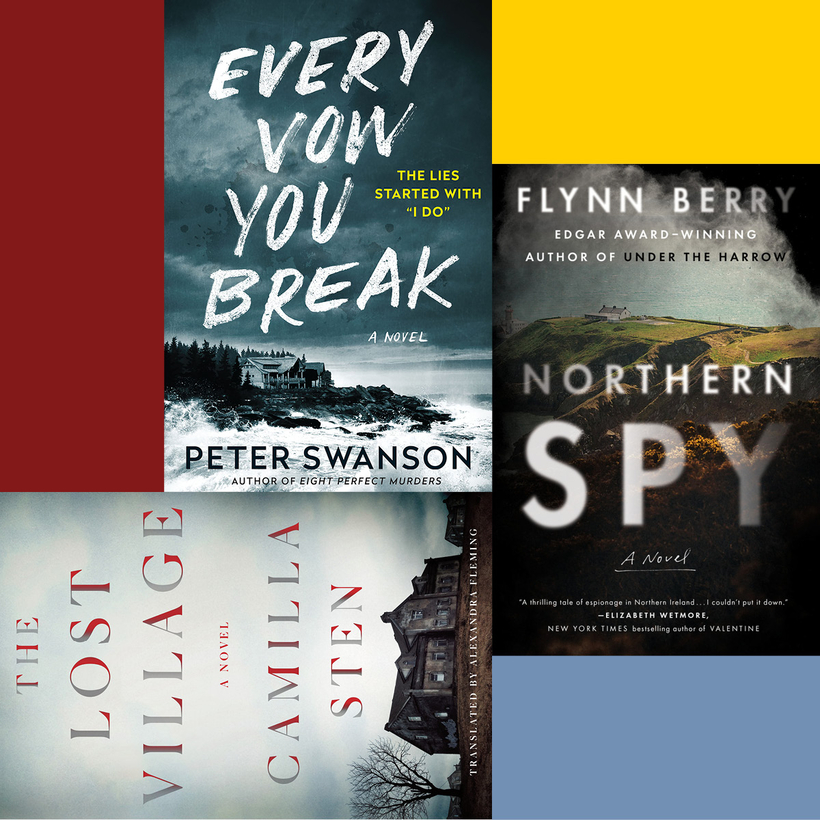Where classic mystery novels were an important motif in Peter Swanson’s best-seller Eight Perfect Murders, horror movies and Hitchcockian thrillers provide the signposts in his latest, Every Vow You Break. Vintage-wearing, poetry-loving Abigail Baskin, who works in publishing, is a big fan of the genres, an enthusiasm that draws her to gazillionaire tech investor Bruce Lamb after he spots her looking very Audrey Hepburn at a Manhattan coffee shop.
On their first date, they bond over their mutual obsessions, and he proceeds to sweep her off her feet intensely and expensively, introducing her to fine dining, craft cocktails, and opera. Pouncing on Abigail as if she were a hot start-up, Bruce wastes no time in proposing to her. A rustic-chic Hudson Valley wedding ensues, and then it’s off to the honeymoon, arranged by the groom, on an island way off the coast of Maine at an imposing lodge, where rich tech guys go to unplug and get in touch with nature. Ah, romance.

